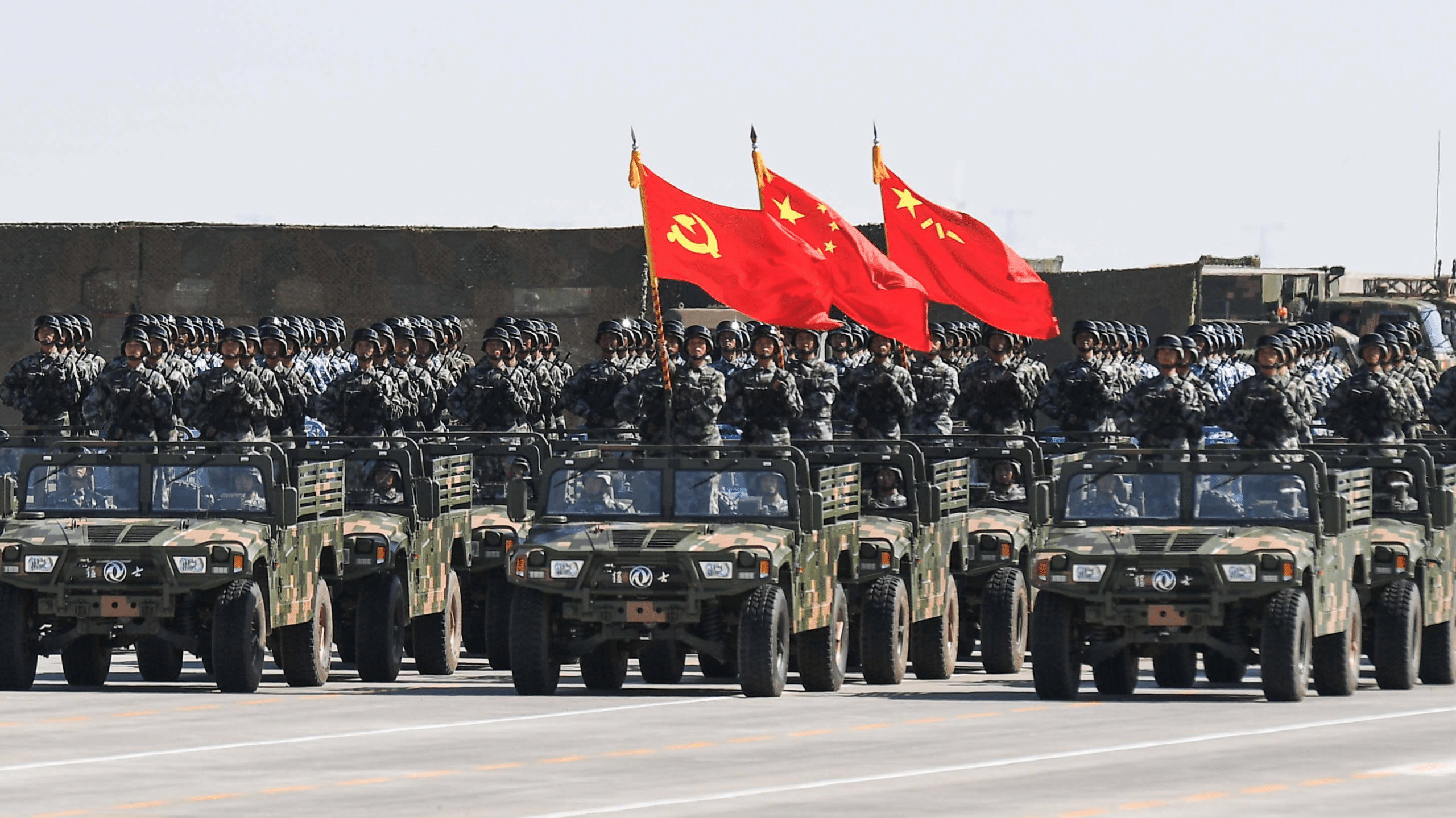Private military companies (PMCs) are playing an increasingly prominent role in contemporary conflicts, offering services ranging from logistics to direct combat participation. Their historical evolution, current characteristics, and impact on global security raise crucial questions about the What is a Private Military Company?
What is a Private Military Company?
Private military companies (PMCs) are businesses that offer services related to the use of force. They may be involved in combat operations, logistics, military training, or strategic consulting. Unlike traditional mercenaries, PMCs often operate under contract, but their legal status remains unclear and controversial internationally.
While the use of mercenaries dates back to ancient times, modern PMCs, structured as commercial enterprises, only appeared at the end of the 20th century, when many seasoned military personnel found themselves unemployed and conflicts proliferated, particularly in Africa.
A prime example is the South African company Executive Outcomes, founded in 1989 by former members of the South African special forces. It won its first contract in Angola in 1992, securing areas held by Unita on behalf of oil companies. Its success earned it two major contracts with the Angolan government.

PMSCs Today: A Significant Number and a Global Presence
Today, PMSCs are present on almost every front, from Syria to Iraq to Ukraine. Their numbers are considerable, with hundreds of companies operating worldwide. Several American private security firms have been reported to be operating in the Sahel, according to certain media sources and unofficial reports.


Modern private military companies offer a wide range of services, from combat operations to protecting extraction sites, training local armed forces, and providing logistical support. They are often employed in contexts where economic and strategic interests are at stake.
However, their operations often remain opaque. Contracts and operations are rarely made public, raising questions about transparency and accountability. For example, the Wagner Group, linked to the Russian government, has been involved in operations in Syria, Libya, and the Central African Republic, but its exact activities often remain unknown.
The positive aspects of PMSCs include their ability to provide rapid and effective support, often at a lower cost. They also allow states to conduct operations without directly engaging their own troops, sometimes reducing the political visibility of official military casualties, although the human and diplomatic consequences can remain significant.
However, there are many negative aspects: human rights violations, lack of transparency, and the risk of prolonging conflicts.





